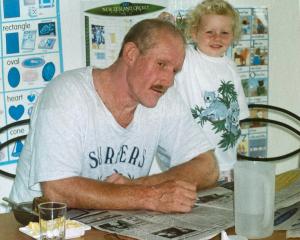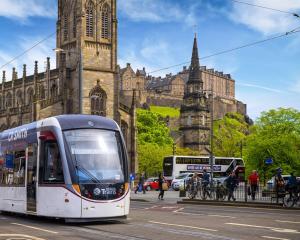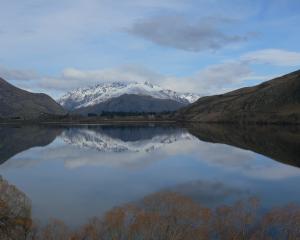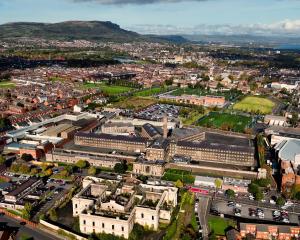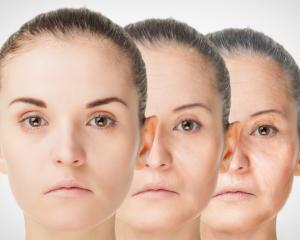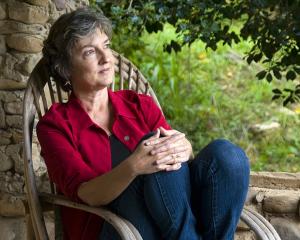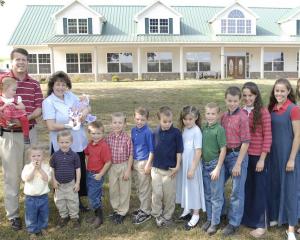

Lest I be accused of being a vitriolic atheist, hell-bent on vilifying religion, churches and spirituality, let me explain why religious communities - from mosques to Jehovah's Witnesses to evangelical fundies - rock (sometimes).
For a start, these religious communities can offer immense social support to their members. At all the churches I've attended over my brief life, people really cared for each other. When my Mum suffered a miscarriage, they flocked to our door with trays of lasagne, bouquets of flowers, warm hugs and prayers.
When my brother died, we were enveloped in the church's warm and supportive embrace. When, at the age of 18, I was outed as being anorexic and depressive, church members tried to help me in their own special way, telling me stories of their grandchildren who had battled similar eating disorders and made it through. I felt claustrophobic and overwhelmed at the time, but I know now they were only trying to help.
Secondly, many churches and religious communities in New Zealand welcome lesbian, gay, bisexual, transgender and other queer individuals with love, acceptance and a lack of judgement. We tend to hear a great deal in the media about the awful ideals espoused by certain churches (I'm looking at you, Westboro), with their picketing, hate-speech and outright discrimination.
But there do exist religious denominations, individual churches and congregations that do not consider homosexuality or transgenderism to be sins. These communities exist as safe spaces and should be thoroughly celebrated. I mean, let's be honest - queerness and religion or spirituality aren't mutually exclusive. I can't describe how happy I felt looking out a cafe window one day and seeing a beautiful rainbow banner with the words 'We Accept All People' on it, hanging from the Knox Church railings.
Religious communities bring a great deal of joy and peace as well as spiritual connections into people's lives. Most people long for community and connection with others. Churches, mosques, temples, and prayer groups can fulfil this need, offering us a chance to encourage others and be authentically involved in each other's lives. Non-believers can also enjoy and appreciate being part of a family of faith, even without the faith.
There is also something profound about experiencing the ancient liturgy, or hearing a full choir. One morning, while wandering along the Thames in London, I came across Southwark Cathedral. The congregation welcomed me in, and gladly encouraged me to participate in communion, prayer and worship with them. I didn't believe in God, but I appreciated the beauty and love of these fellow humans.
So I'd like to thank the church communities I have been a part of. I'd like to thank the religious communities that go out of their way to provide support and assistance to those in need. In today's culture, there is often little opportunity to experience camaraderie and affiliation with other people - men and women who may be very different from ourselves in a number of ways. Religious communities can offer a rare opportunity for meaningful fellowship.
-Jean Balchin is an English student at the University of Otago.
Comments
There are two choices. A person can either be faithful to the gospel and be freed from sin, or they can be rejecting of the gospel and live subject to sin until their last breath. The Apostle Paul described sin as a power that makes people do what they don't intend to do, or makes people not do what they planned to do.


